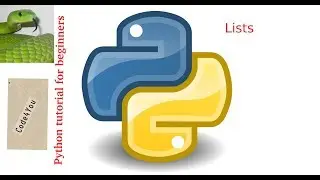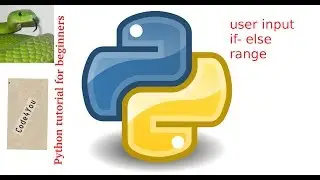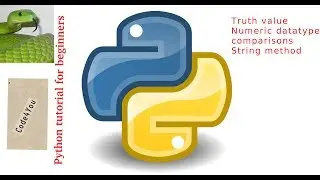flask| python Micro-frameworks flask | Web and Internet Development
Web and Internet Development
Micro-frameworks such as Flask
Flask depends on the Jinja template engine and the Werkzeug WSGI toolkit. The documentation for these libraries can be found at:
https://jinja.palletsprojects.com/
https://flask.palletsprojects.com/en/...
https://www.python.org/about/apps/
What does “micro” mean?
“Micro” does not mean that your whole web application has to fit into a single Python file (although it certainly can), nor does it mean that Flask is lacking in functionality. The “micro” in microframework means Flask aims to keep the core simple but extensible. Flask won’t make many decisions for you, such as what database to use. Those decisions that it does make, such as what templating engine to use, are easy to change. Everything else is up to you, so that Flask can be everything you need and nothing you don’t.
By default, Flask does not include a database abstraction layer, form validation or anything else where different libraries already exist that can handle that. Instead, Flask supports extensions to add such functionality to your application as if it was implemented in Flask itself. Numerous extensions provide database integration, form validation, upload handling, various open authentication technologies, and more. Flask may be “micro”, but it’s ready for production use on a variety of needs.
installation:
$ mkdir myproject
$ cd myproject
$ python3 -m venv venv
$ . venv/bin/activate
$ pip install Flask
or
$ pip3 install Flask


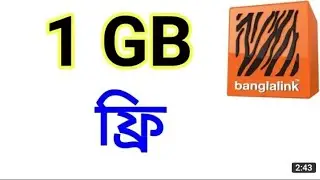





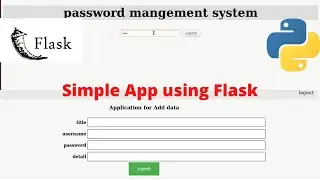
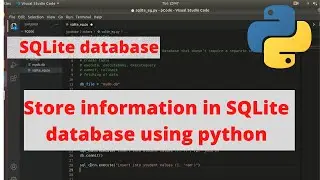
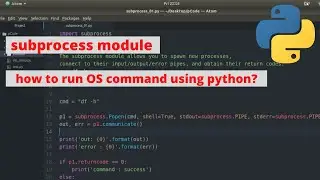
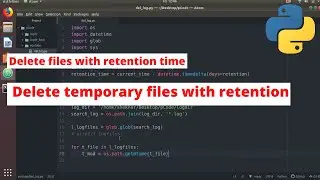
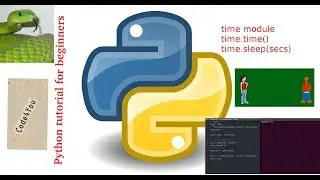
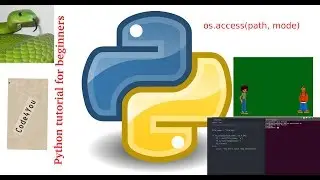
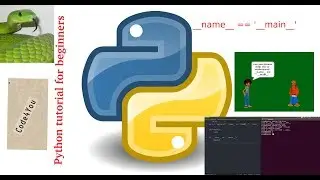
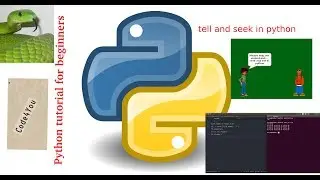
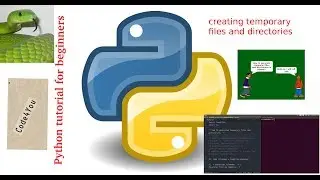
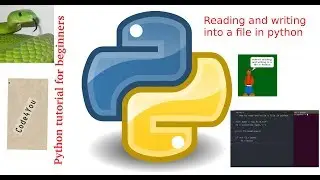
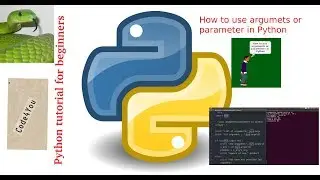
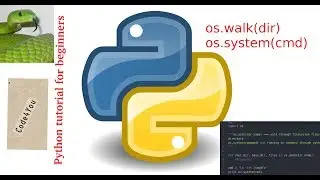
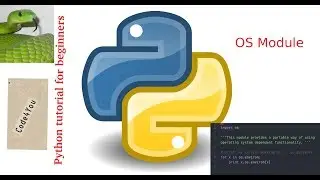
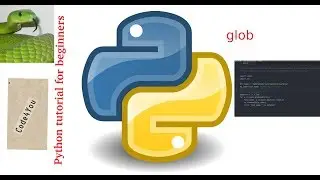
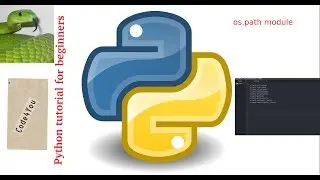
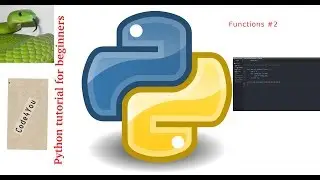
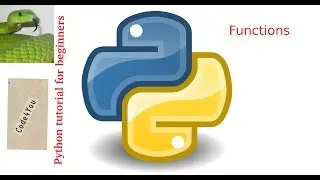

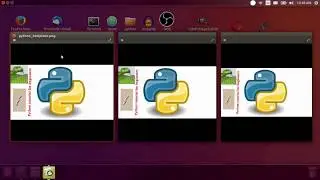
![[Hindi] Python while loop in Hindi | |Python Tutorial #6 || Python Tutorial for Beginners](https://images.videosashka.com/watch/FmdArrOhGTU)
![[Hindi] Python -for loop,break,continue,pass|| Python Tutorial #5|| For beginners](https://images.videosashka.com/watch/ZOkUZ2gBttU)
